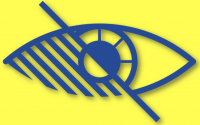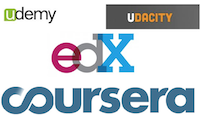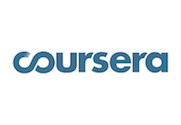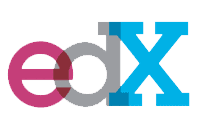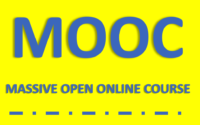
The Influence of Successful MOOC Learners’ Self-Regulated Learning Strategies, Self-Efficacy, and Task Value on Their Perceived Effectiveness of a Massive Open Online Course
High dropout rates have been an unsolved issue in massive open online courses (MOOCs). As perceived effectiveness predicts learner retention in MOOCs, instructional design factors that affect it have been increasingly examined. However, self-regulated learning, self-efficacy, and task value have been underestimated from the perspective of instructors even though they are important instructional design considerations […]
